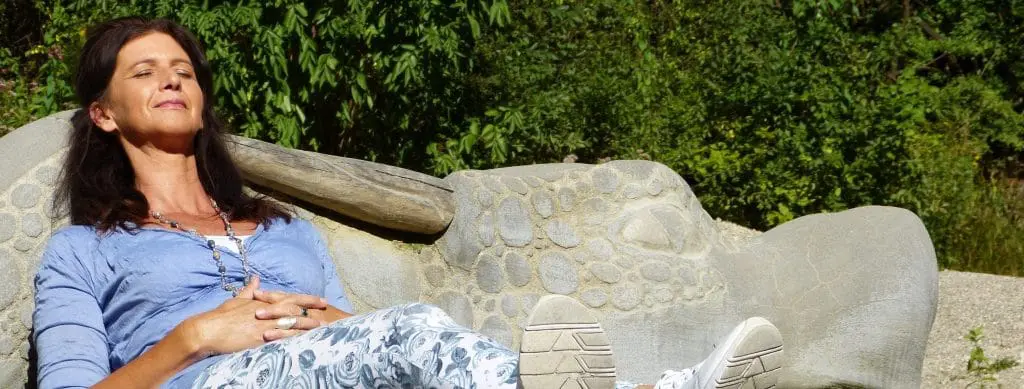Why Menopause Should be Embraced, Not Feared
For many women, menopause is a life-altering and in some cases, unsettling experience. As a menopausal woman myself, I have experienced first-hand the symptoms that are typical of many women at this stage in life: from hot flushes to weight gain, to loss of mental focus and mood changes. Menopause is a natural life stage […]

